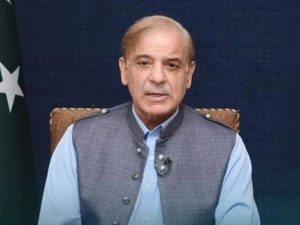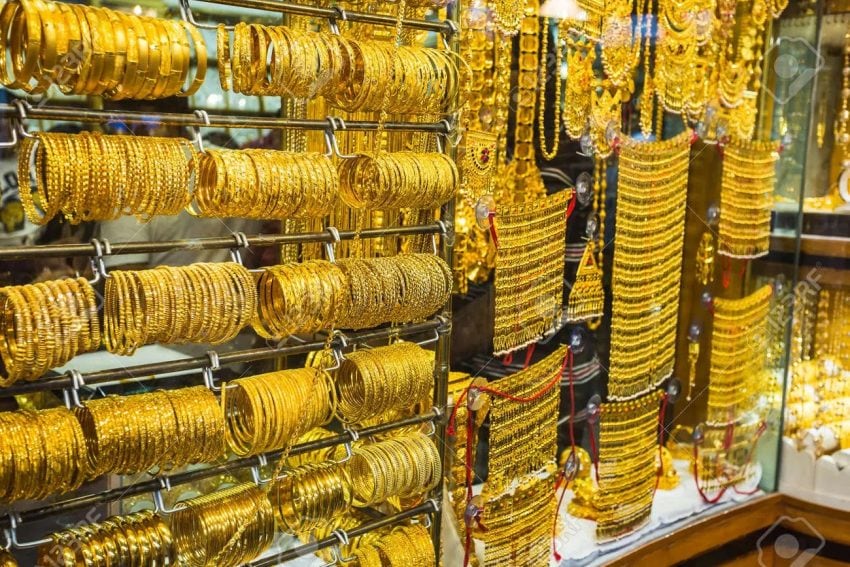ISLAMABAD – With growing regional engagement, Pakistan’s rice sector is poised for strategic resurgence, while Bangladesh continues to seek reliable supplies to stabilize domestic prices.
Trading Corporation of Pakistan (TCP) rolled out massive tender to sell 1Lac tonnes of rice to Bangladesh. The announcement comes as Islamabad and Dhaka strengthen bilateral engagement following the August 2024 ouster of former Bangladeshi Prime Minister Sheikh Hasina.
Companies, partnerships, and sole proprietors are invited to submit separate sealed bids for long-grain white rice (IRRI-6) in break-bulk form, to be shipped via Karachi ports. Price offers must remain valid for 21 working days, with rice ready for shipment within 45 days of contract award. Bidders can offer a minimum of 25,000 tonnes in multiples of 25,000, up to a maximum of 100,000 tonnes, with a 5% margin of variance (MOLSO).
The tender specifies that rice must be sourced from latest Pakistani harvest and must meet strict quality standards: free from mold, insects, poisonous weed seeds, unpleasant odors, and fit for human consumption.
Market watchers see tender as bold step to introduce Pakistani rice into Bangladesh’s import mix, even as Indian rice is expected to supply some recent purchases. Bangladesh, meanwhile, has issued another rice tender, continuing a spree of import tenders aimed at controlling local prices.
Direct government-to-government rice trade between Pakistan and Bangladesh began in February with a 50,000-tonne shipment. At last month’s 9th Joint Economic Commission meeting, Pakistan also offered Dhaka access to Karachi Port Trust as a gateway to regional trade with China and Central Asia.
Despite this major tender, Pakistan’s rice sector faces headwinds. Exports fell 28% in the first quarter of FY26 due to policy and regulatory hurdles, raising alarm within the industry.
Rice Exporters Association of Pakistan blamed India’s decision to resume rice exports, remove minimum export price for basmati, and zero-rate rice shipments. Yet, Pakistani exporters avoided a direct price war, and India’s re-entry failed to severely impact Pakistan’s trade between October 2024 and March 2025. Pakistan retained its foothold in premium markets.
Major Blow to India as Pakistan wins Basmati rice ownership battle in global market














